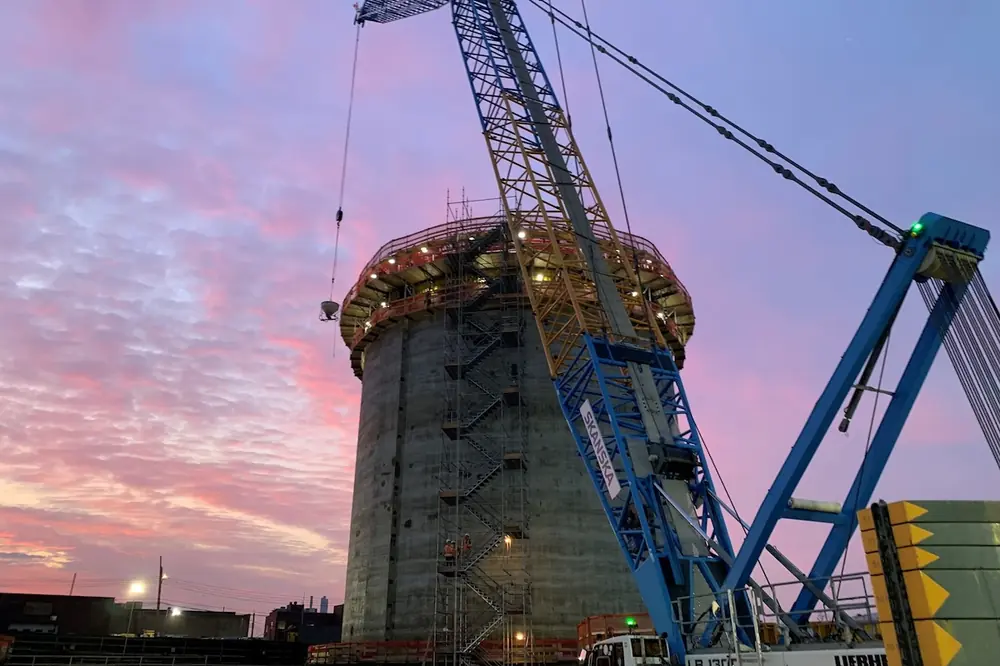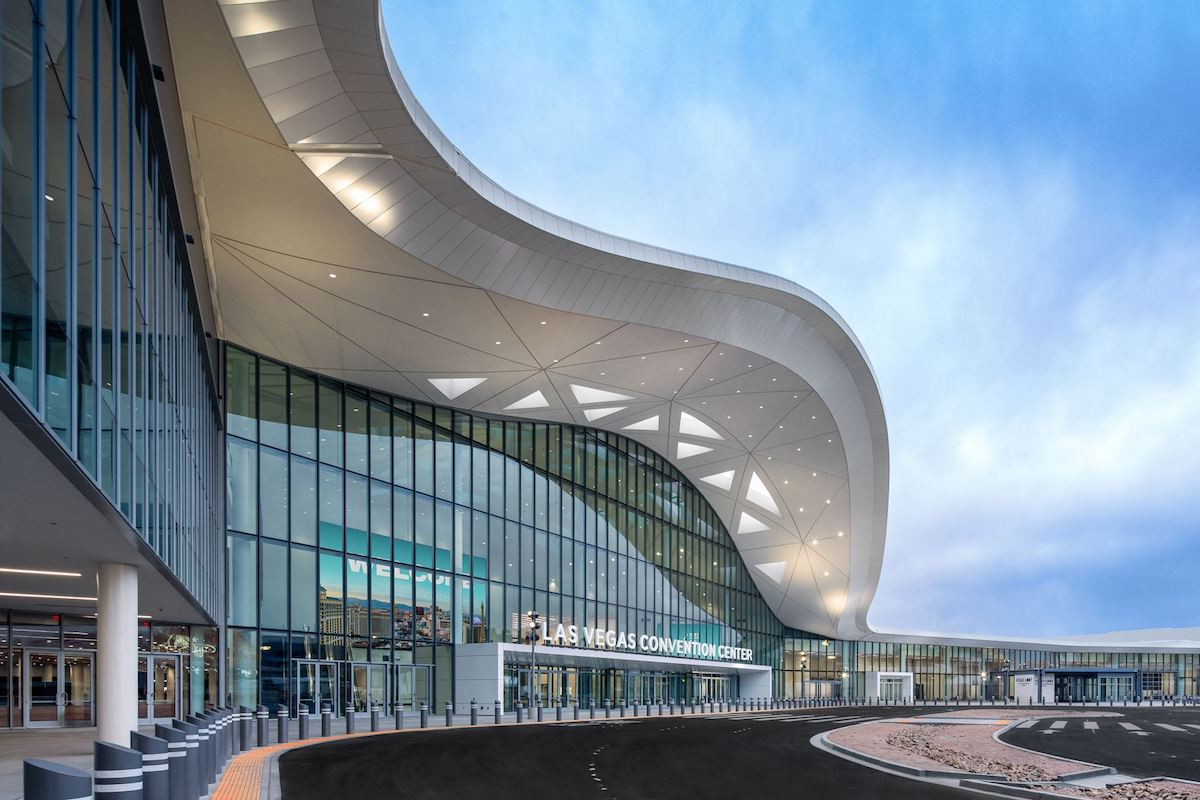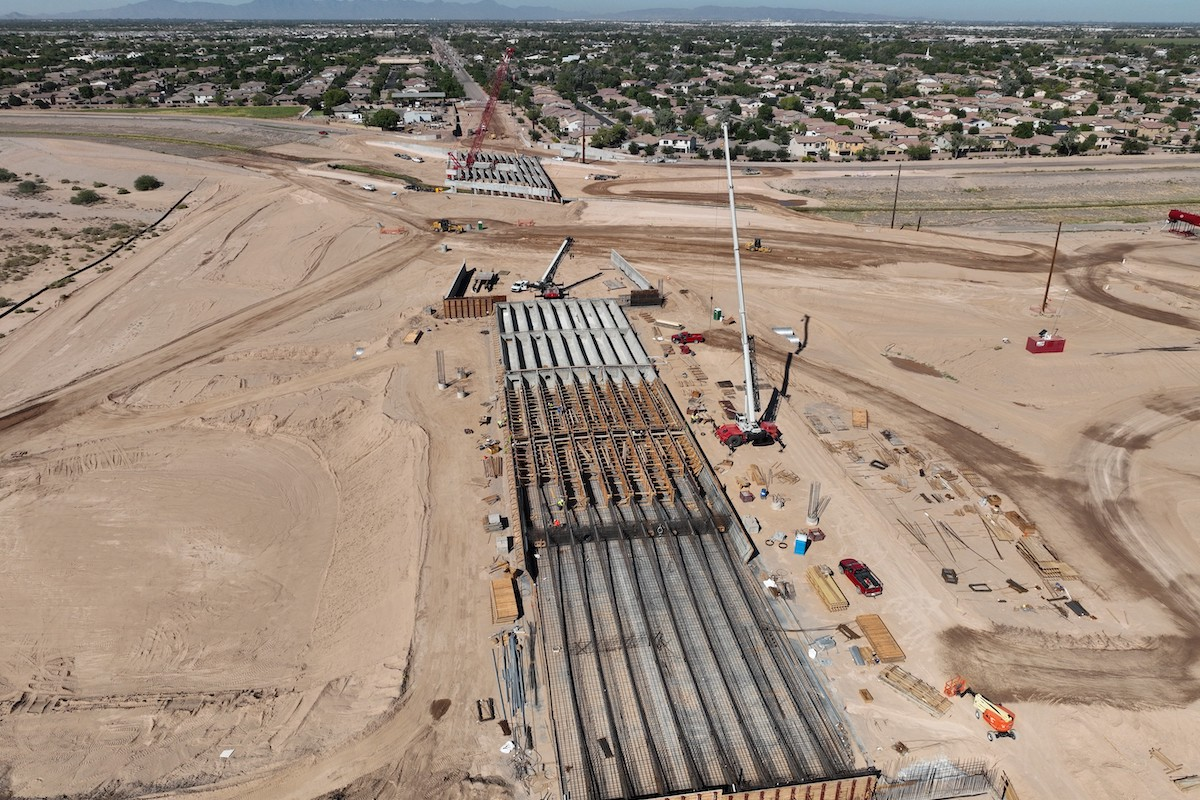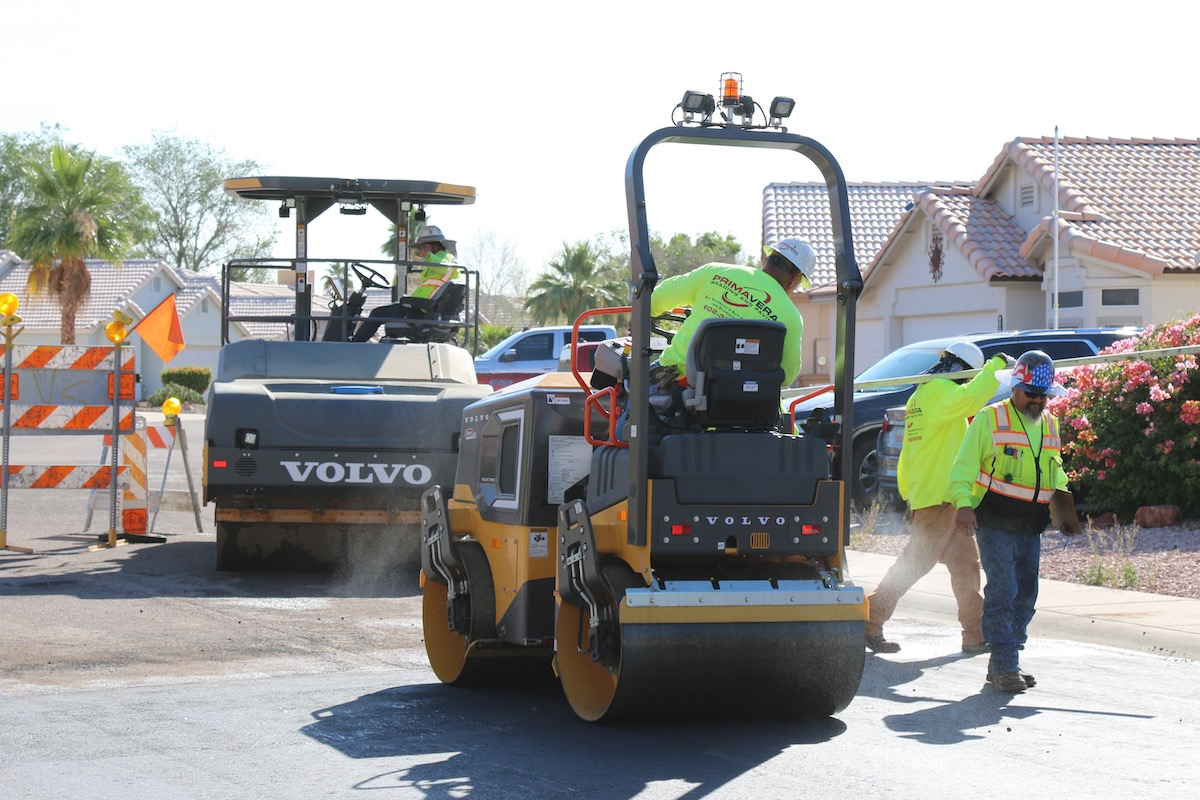“From employing cutting-edge technology to crafting multimodal options in local communities, these winning projects from the Northeastern region of the United States embody the inventive spirit of the transportation sector,” said Jim Tymon, Executive Director of AASHTO. “The America’s Transportation Awards program celebrates state DOTs nationwide as they cater to today’s transportation needs and advance the transportation sector for future generations. These projects make significant strides in boosting safety, promoting mobility, and enhancing transportation assets for all transit users, including drivers, cyclists, pedestrians, and public transportation customers.”
Nineteen projects in the Northeast Association of State Transportation Officials (NASTO) region were nominated by DOTs for this year’s competition. The following four projects in the New England Construction area were winners of regional America’s Transportation Awards.
As the longest rail trail in New England, the LVRT accommodates walkers, bikers, equestrians, snowmobilers, and cross-country skiers for all four seasons. The trail features a smooth gravel surface on mostly flat terrain, passing through Vermont villages and towns, along the Lamoille River, and through fields and forests. The trail is also ADA compliant, ensuring accessibility for users of all abilities and ages.
Aside from its recreational value, the Lamoille Valley Rail Trail has economic and health benefits. It reduces commuting expenses for residents and visitors and provides an affordable way to maintain a healthy lifestyle. The trail also repurposes underutilized infrastructure into a destination that showcases Vermont's natural beauty while fostering connections among its communities.

| Your local Bobcat dealer |
|---|
| Ditch Witch West |
| Faris Machinery |
| Ditch Witch West |
| Faris Machinery |
“In Vermont, we know that the LVRT is a gem, and now this is our chance to showcase the rail trail to the rest of the country,” said Transportation Secretary Joe Flynn.
Previously, this interchange featured a southbound entrance ramp and a northbound exit ramp, limiting access and contributing to traffic. The Connecticut Department of Transportation’s (CTDOT) $30.5 million project revamped the interchange by providing a northbound entrance ramp and a southbound exit ramp.
This reconstruction project has not only improved traffic flow but has also had a positive economic impact. It has boosted the local economy by enhancing accessibility to the area’s shopping center and making it easier for community members to navigate the town, access riverfront marinas, and reach the local airport.
In addition to the interchange reconstruction, the project also included the coordination of traffic signals and the addition of sidewalks to enhance pedestrian access to the local transit system and businesses. This approach has led to safer roads, smoother traffic, and expanded travel options for the community.
The reconfiguration of Interchange 29 resulted in a new high-speed two-lane ramp that spans 880 feet and is composed of a five-span flyover structure, offering access to Route 5/15 Southbound. The ramp continues over the Charter Oak Bridge to I-84 Eastbound, eliminating the need for weaving maneuvers. The project also involved widening Northbound I-91 and Route 5/15, requiring modifications to eight interchanges and seven corridor bridges, including the expansion of five spans of the Charter Oak Bridge over the Connecticut River.
The revamped interchange has eradicated recurring delays, improved operational efficiency, and significantly reduced the crash rate, resulting in enhanced travel conditions for commuters. This transformation has also brought positive social, economic, and sustainable development to the region. By rehabilitating and widening existing structures within the corridor, the project has extended the service life of the structures, upgraded roadside safety features, enhanced the drainage system, and optimized corridor operations in a cost-effective manner.
“The CTDOT project team, consultants, and contractors were able to successfully complete the major interchange reconfiguration and bridge improvements on time, even in the face of all the challenges presented by the COVID-19 pandemic,” said CTDOT Commissioner Garrett Eucalitto. “Since completion last year, we’ve seen that the project has improved the safety of drivers, increased mobility, and has extended the life of the iconic Charter Oak Bridge, connecting both sides of our state across the Connecticut River.”
MaineDOT used an innovative approach for this project by employing Self-Propelled Modular Transporters to move the replacement bridge into position. Requiring extensive planning and the coordination of hundreds of workers, this method successfully installed two new 800,000-pound concrete structures within an inch of pre-constructed roadway and embankments.
By utilizing this technology for the first time in the state, MaineDOT was able to demolish the old bridge and construct the new one with only a single weekend closure of the interstate. This minimized disruptions for the 55,000-75,000 daily commuters who rely on the bridge, while also improving safety for construction workers and motorists.
The Top 12 projects in alphabetical order by state are:
- Florida Department of Transportation’s Hurricane Ian Sanibel Island Emergency Access
- Georgia Department of Transportation’s Historic 5th Street Pedestrian Bridge Rehabilitation Project
- Illinois Department of Transportation’s Jane Byrne Interchange
- Iowa Department of Transportation’s Adult Changing Facilities in Iowa Rest Areas
- Kentucky Transportation Cabinet’s Mayfield Tornado Response
- Maine Department of Transportation’s The Veranda Plan
- North Carolina Department of Transportation’s Flood Warning System
- Pennsylvania Department of Transportation’s Emergency Fern Hollow Bridge Replacement Project
- South Dakota Department of Transportation’s U.S. Highway 83 Corridor Improvements and Reconstruction
- Texas Department of Transportation’s Mobility35 Initiative to Address Homelessness Program
- Utah Department of Transportation’s Teamed-Up for Transit: UDOT and UTA Partner to Improve Mobility for Local Community
- Vermont Agency of Transportation’s Lamoille Valley Rail Trail











































































